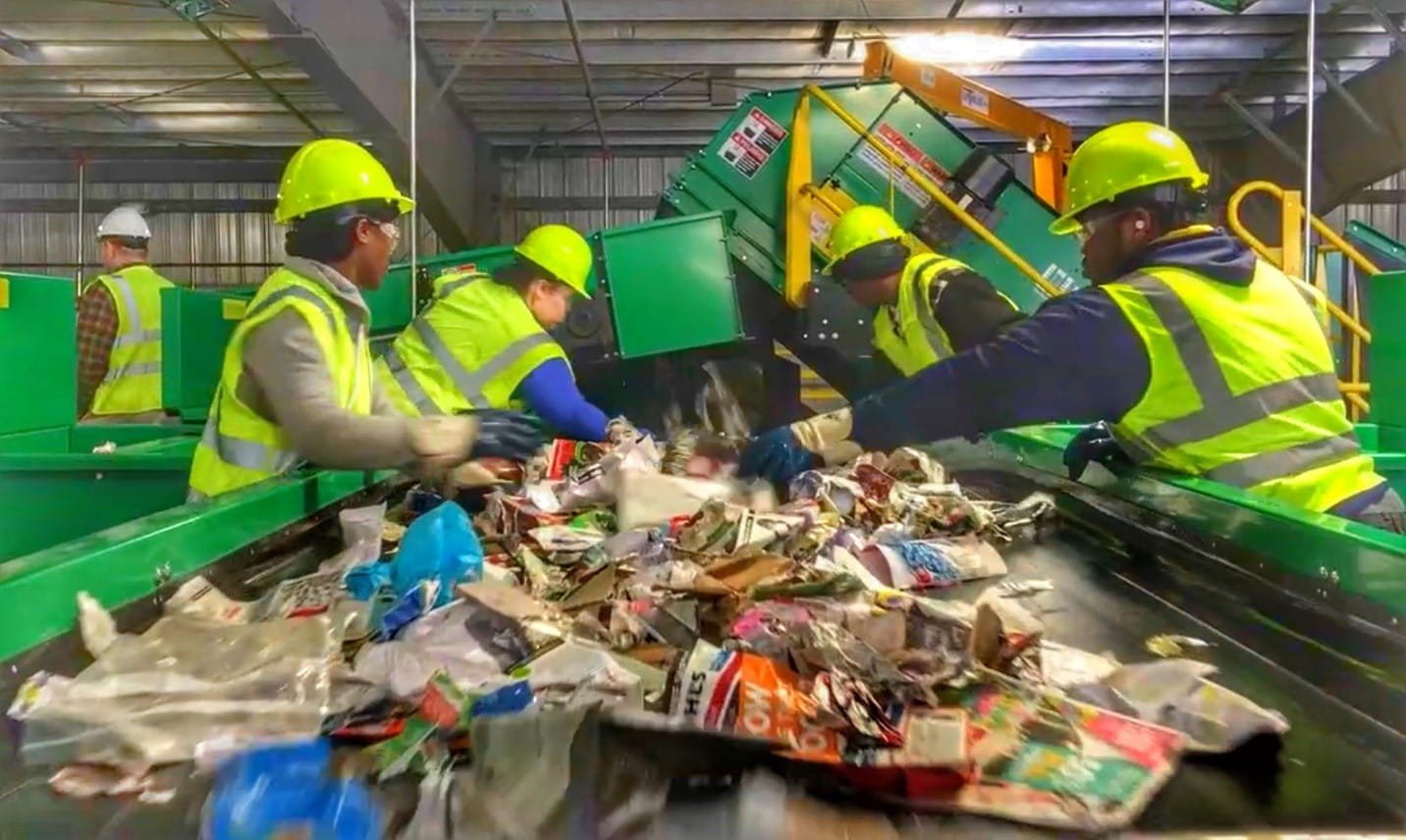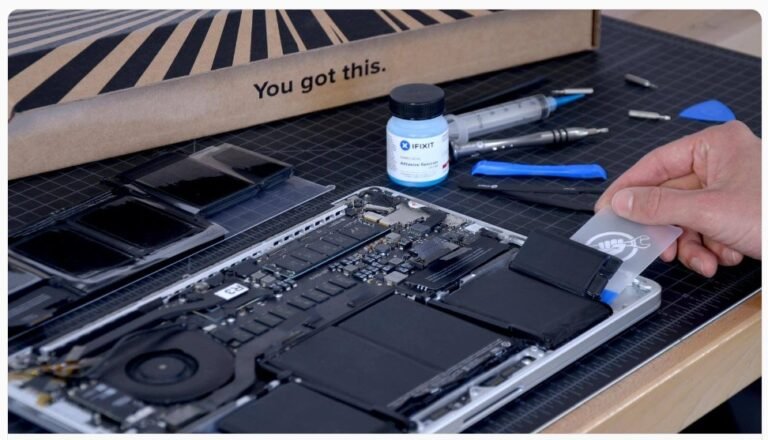Recycling Center in Michigan: What Materials Can You Recycle?
Recycling has become more than just a buzzword; it’s a critical component in the fight against environmental degradation. For residents of Michigan, understanding what can be recycled and how to do so responsibly can contribute significantly to sustainability efforts. In this guide, you’ll discover everything you need to know about recycling center in Michigan, from what materials are accepted to how the recycling process works. By the end, you’ll be equipped with the knowledge to make a meaningful impact on your local community and the planet.
Introduction
Recycling plays a pivotal role in preserving our environment. It reduces waste, conserves natural resources, and lowers greenhouse gas emissions. In Michigan, recycling centers are crucial in these efforts, serving as hubs where waste is transformed into valuable resources. But what exactly can you recycle at these centers, and how can you ensure you’re doing it right? This blog post will answer these questions, providing you with the essential information to make a difference.
What Can You Recycle at a Michigan Recycling Center?
Michigan recycling centers accept a wide range of materials. Knowing what you can and cannot recycle helps streamline the process and ensures that your efforts are effective.
Paper Products
Paper is one of the most commonly recycled materials. Most Michigan recycling centers accept:
- Newspapers and magazines
- Office paper and envelopes
- Cardboard and paperboard (e.g., cereal boxes)
Avoid paper contaminated with food, wax, or plastic coatings, as these can complicate the recycling process.
Glass Items
Glass recycling is straightforward because it can be endlessly recycled without loss of quality. Acceptable items include:
- Bottles and jars (any color)
- Glass containers for food and beverages
However, broken glass, light bulbs, and mirrors are typically not accepted due to safety concerns and material composition.
Plastic Materials
Plastics are ubiquitous and come in various forms. Michigan centers generally accept:
- Plastic bottles and jugs (labeled #1 or #2)
- Food containers and tubs (labeled #1 through #7, depending on the facility)
Items like plastic bags, Styrofoam, and PVC pipes are often excluded and should be disposed of through specialized programs.
Metal Objects
Recycling metals is highly efficient and beneficial. Commonly accepted metals include:
- Aluminum cans and foil
- Steel and tin cans
- Some small metal appliances (check with your local center)
Large metal items and hazardous materials like batteries require special handling and are not typically accepted at standard recycling centers.
Specific Items Not to Include
Not all materials are suitable for curbside recycling. Items like plastic bags, electronics, and hazardous waste require alternative disposal methods. Many Michigan communities offer special collection events or designated drop-off locations for these items.
The Process: How Does Recycling Work in Michigan?
Understanding how recycling works can demystify the process and highlight the importance of proper sorting.
Collection
Recyclables are collected through curbside programs, drop-off centers, and special collection events. Properly sorted recyclables make it easier to process and reduce contamination.
Sorting and Processing
Once collected, recyclables are transported to Materials Recovery Facilities (MRFs). Here, items are sorted by type using a combination of manual and automated methods. Advanced technologies like optical sorters and magnets help segregate materials efficiently.
Transformation
Sorted materials are then cleaned and processed into raw materials. For example, paper is pulped, plastics are melted and reformed, and metals are melted down to be reused.
Benefits of Recycling for Michigan and the Environment
Recycling offers numerous benefits that extend beyond simply reducing waste.
Environmental Impact
Recycling conserves natural resources by reducing the need for raw material extraction. It also decreases landfill usage, thus lowering methane emissions—a potent greenhouse gas.
Economic Advantages
Recycling supports local economies by creating jobs in collection, sorting, and processing. It also generates revenue through the sale of recycled materials.
Social Benefits
Community involvement in recycling fosters a culture of sustainability and responsibility. Educational programs and local initiatives can enhance public awareness and participation.
How to Recycle Responsibly in Michigan
Recycling is most effective when done correctly. Here are some tips to ensure you’re recycling responsibly.
Sorting and Preparation
Properly sorting your recyclables helps reduce contamination. Rinse out food containers, flatten cardboard boxes, and remove any non-recyclable components like plastic lids from glass bottles.
Reducing Contamination
Contamination occurs when non-recyclable items are mixed with recyclables. This can disrupt the recycling process and lower the quality of recycled materials. Always check local guidelines to ensure you’re recycling correctly.
Continuous Improvement
Stay informed about recycling best practices and updates from your local recycling center. Engaging in community programs and spreading awareness can help improve recycling rates.
Resources for Further Learning and Engagement
Knowing where to find additional information can enhance your recycling efforts.
Local Recycling Centers
Each recycling center may have different guidelines and accepted materials. Visit your local center’s website or contact them directly for specific information.
Online Resources
Websites like Earth911 and the Michigan Department of Environment, Great Lakes, and Energy offer valuable information on recycling and sustainability.
Community Organizations
Join local environmental groups and participate in community events to stay engaged and informed about recycling initiatives in your area.
Conclusion
Recycling in Michigan is more than a responsible choice; it’s a vital step towards a sustainable future. By understanding what materials can be recycled, how the recycling process works, and the benefits it offers, you can make informed decisions that positively impact the environment and your community. Let’s work together to make Michigan a leader in sustainable waste management.
FAQs
What are the most commonly accepted materials at Michigan recycling centers?
Most centers accept paper, glass, plastic, and metal. Always check specific guidelines for your local center.
How can I reduce contamination in my recycling?
Rinse containers, sort materials correctly, and avoid including non-recyclables.
Where can I find more information about recycling in Michigan?
Visit local recycling center websites, state environmental agency sites, and community organizations for detailed guidelines and resources. Additionally, stay informed through news updates and community events. Remember to always recycle responsibly! Together, we can make a positive impact on the environment in Michigan.






